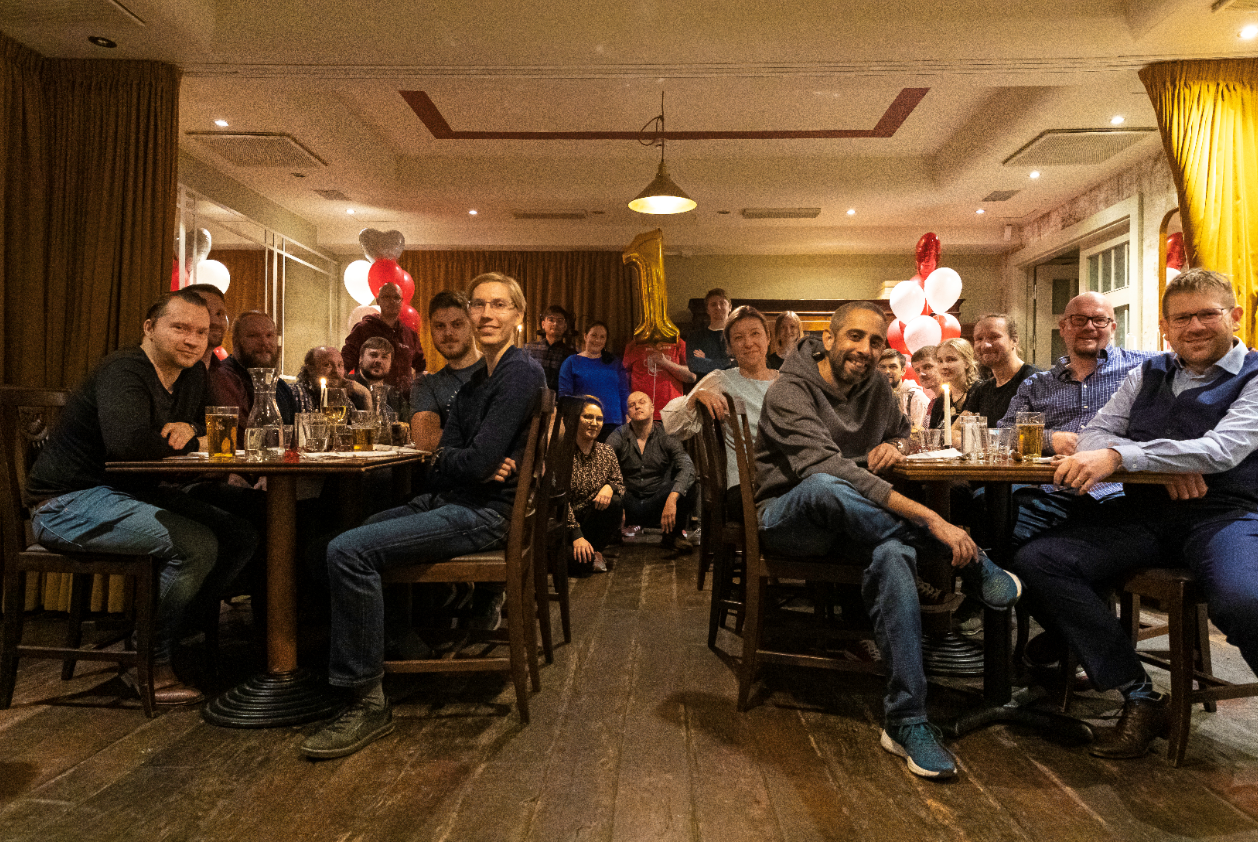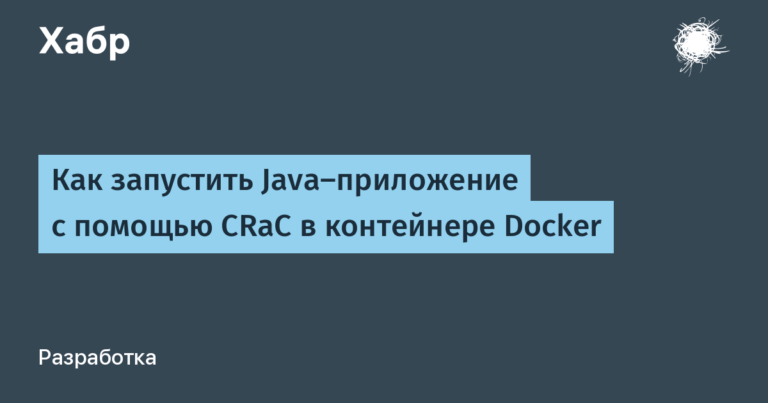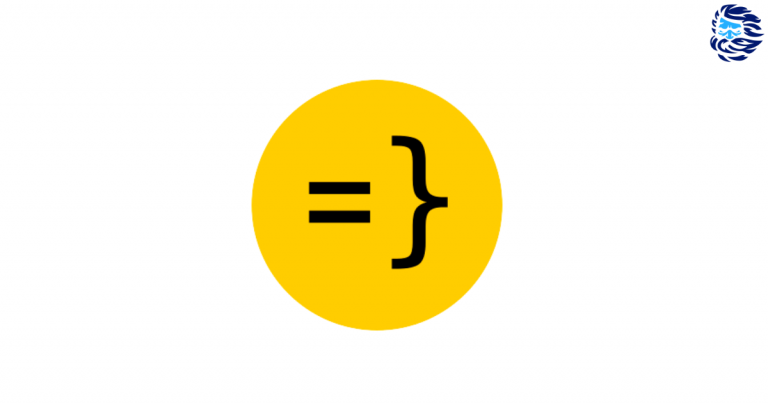[Личный опыт] How it works for a QA engineer in Finland: what’s wrong with the schedule, corporate culture and bonuses
We have already told you what is in Finland with an IT infrastructure and how life is in this northern country. In short: salaries here are lower than in the rest of Europe, but the competition is also lower. And also this country is one of the happiest, calm and safest.
Six months ago, one of our heroes moved there – QA engineer Nikita. He got a job at the small game development studio Redhill Games, where employees speak 20 different languages and workflows are built in the same way as in small companies in Finland. He will tell you how he is doing with the schedule, relationships in the team, work processes – what to expect if you get a job abroad not in a company of FAANG level, but in a small informal organization.
How I got carried to Finland
I worked in Russia as a tester at the Alawar game development studio. One of my colleagues quit and I saw on Facebook that he got a job in Finland in Redhill Games… I wrote to congratulate them on the move and new job, and asked if they had any open positions. It turned out that there was, and he called me over for an interview. True, I was doing manual testing, and he called for automation.
He ended up giving me their HR contact on LinkedIn. I updated my profile a bit, we chatted and arranged for a technical interview. True, it was at the end of June, and in July almost all of Finland goes on vacation – I’ll tell you further why this happens. As a result, the move was a little delayed, but then everything went faster, and in October my wife and I were already in Finland.
How was the interview. Spoiler alert: much easier than I thought, but not for everyone
Usually it seems that only a programmer can really go abroad, and there are enough testers everywhere. But in practice, it turned out that I was willingly interviewed, and they did not expect anything too supernatural from me. The main thing is to have a desire to learn and master new technologies, and then even in a foreign company you will be welcome.
My interview consisted of two phases: an HR interview and a technical interview. The conversation was very informal – they spoke Russian, discussed the company and working conditions in general. They asked very little about me, mostly general questions – what did I do, what was my experience.
The technical interview was a little more interesting. At Alawar, I was involved in manual testing, and for a game dev this is a classic story – automatic testing is not very developed in this area, and few people are seriously involved in it. But since I was versed in programming, a former colleague called me exactly to the position of an automator. Therefore, after the interview with HR, I was preparing for a month: I updated my knowledge, studied something new, understood the specifics of the Unreal engine, which I had not worked with before, and tried to understand what would be useful for me at all during the interview. But since there is no standard in this area, the ability to think quickly and the willingness to learn is more important here, and not any specific knowledge.
And for the whole month I was consuming any content about interviews in foreign companies, such as vidos and articles “Top 10 questions that should not be asked at an interview”.
As a result, in August we phoned for a technical interview. Three people interviewed me: lead programmer, CTO and producer. They asked:
- What did I do in the last place of work.
- What specific projects did you work on?
- What testing and automation tasks did he solve?
- What I did outside of work: where did I participate, what I worked on myself.
- What knowledge is there in related fields.
But they didn’t ask me specific technical questions – no one asked me to solve a problem, write a code, or test a pen.
I was also asked “psychological” questions – how do I imagine the move, whether I am ready to go right now to another country, whether I understand that it can be difficult here. I think they were trying to understand if I had imagined something superfluous and if my expectations from the move were correct.
In general, we talked very pleasantly. I was preparing more for a serious technical interview, and it felt like an informal conversation at some conference.
True, I had one special circumstance. I went to a job directly reporting to my former colleague – and he already knew my skill level. Therefore, he did not interview me, did not ask anything, and everything went so lightly. If I didn’t know him, most likely there would have been another interview with him, specifically regarding testing and technical stuff.
A week later, they wrote that everything was fine with everyone, and sent an offer. I signed, we started working on the relocation, and in October we moved to Finland. The company helped a lot with this – it allocated money for the move, plus there was a special assistant with whom we solved all the formalities and looked for an apartment.

When we first moved, the company checked us into a hotel. Allowed with a dog, and here this is not uncommon. The hotel was quarantined, and then moved to a rented apartment without furniture – at first we lived “on the floor”
How the working day works: flexible hours and a cool break room
At Alawar, we worked in a standard way – we arrived at 9, left at 18. In the company where I work now, the scheme is different. There are obligatory hours from 10 to 15. The remaining three hours a day you can distribute as you want. For example, come at 7 and leave at 15. Or come at 10 and leave at 18. Allows you to conveniently plan your schedule.
At the same time, time tracking is quite strict. You need to write in Slack when you arrive, when you plan to leave, when you leave for lunch or for a walk, what time you return. At first it was a little annoying and sounded like bureaucracy. But then I realized that it is convenient – you always know if there is the right person at the workplace, whether it is worth waiting for him, whether it is possible to write to him right now. This is for one-to-one communication, not for reporting.

This is how our office looks by the way
Also, if you need to, you can always ask to leave early or take a day off. Nobody will follow and force to work off “unfinished” hours. This is a culture of trust – if you don’t go to work, you have a reason and no one will judge. But it is understood that you justify this trust and do not abuse it. I think this is typical not for Finland, but for small companies in general – in Alawar we had about the same.
During breaks, no one is watching you: you can have lunch, go for a walk, sleep in a curling iron in the recreation room, play board games.

We also have a beer fridge right in our office. And you can officially drink it at work =)
And you can also work both from home and from the office – there are no restrictions for anyone as it is more convenient. We also have employees from other countries who have not moved.
Vacation is a month of the year. Historically, almost everyone takes two weeks in July – this is the only month of the year when the weather is nearly perfect. Everyone wants to sit under the sun, no one wants to work, and life practically freezes. Even getting a haircut is unrealistic – everything is closed, everyone is resting.
You don’t have to take a vacation in July, but everyone does it. You can work, but 99% of people are resting, so it’s usually ineffective.
What’s with the language: do you need Finnish at work?
I work for an international company, and we have almost no Finns. Some of my colleagues know Russian, some don’t – we speak about 20 different languages. The official language of communication is, of course, English. But if I meet a Russian-speaking colleague, it is customary for us to speak Russian. Although I know that this is not the case everywhere. It seems to me that this is more effective – nevertheless, it is faster and easier to convey an idea in your native language. Others are okay with this, even if we speak Russian in their presence. For example, a Romanian colleague says that he is not against this and even envies a little – he himself would love to chat with someone in Romanian.
I myself knew English well before moving, but there was little serious speaking practice. I could watch movies or play games in the original, although I guessed some points from the context. But I quickly got involved. It helped that for the majority English is also not native – they pronounce words more clearly, and almost do not use complex constructions and idioms.
In general, it was easy to understand, but not very much to speak at first. There are some complicated words, how to put them down, how to describe work processes, how to speak in words through your mouth in general … Now, six months later, everything is already normal. There were no special secrets – you just need to practice, and after a while everything will be fine.
By the way, I noticed that it is easier to maintain a technical conversation, but a simple informal conversation is more difficult – there are no clear and familiar terms, you need to understand special formulations and idioms, you need to get involved in this.

But Finnish is completely unnecessary at work. And in life, too, it comes in handy – Finnish is almost never needed in Finland, because many speak English fluently. Even bureaucratic organizations have dedicated staff for foreigners. I know a couple of ordinary words to communicate in a store or say “hello” and “thank you”, but I cannot maintain full communication. And I’m not learning Finnish on purpose now.
What bonuses does the employer give
In addition to standard items for Europe, such as medical insurance or moving assistance, I have such goodies in my company, this is typical for Finland:
- Separate food bill. A special card is issued with which you can pay for restaurants, lunches or groceries at some grocery stores. And 25% of these expenses will be covered by the company.
- The same bill, but for entertainment such as museums, sports and concerts. There is a fixed amount for a year, you can spend it until you spend it.
- A separate transport card, also with a fixed amount, is replenished once a year. You can use it to spend money, for example, buy a travel card. The amount on the card is enough for half a year of unlimited travel in Helsinki. You pay for the rest of the six months yourself.
What about the corporate culture and communication in the team
I got to Finland already in a pandemic, so there was no too active movement. I know that before the covid there were large-scale corporate parties and joint trips somewhere. And in the future, maybe something like that will happen. For example, the company’s anniversary was celebrated with a crowd:

Now events are also taking place, but in the office – and they are more “lamp”: colleagues come with families, bring homemade food and play board games. So it was with us before Christmas. It turned out great. By the way, we went there with a dog – they are okay with that. And two weeks ago there was a local Easter – eggs were painted in the office and Easter cakes were decorated.
They also arrange remote events. Before Christmas, there was a big call in the zoom – we chatted, plus you could order food at the expense of the company so that everyone could eat together.
In general, my colleagues are open, friendly and cheerful. At first it was unusual: “Ahhh, why are you asking how my weekend was and trying to teach Finnish words, I just came to pour myself some coffee.” And then he got involved and also joined this communication.
There are many cool interactions, and everything is built on desire. You can not participate, no one will judge and will not force. But it definitely adds to the comfort of work. Especially when I came to another country and there are no social contacts outside of work at all.
- When a new person gets a job and more or less gets used to it, there is a so-called Virtual coffee – ringing in the zoom for everyone. This is just communication, to look at a new person, to understand what he is like, to ask the newcomer questions about everything in the world. It is very convenient that there are no situations like “What kind of person is in the office, I don’t know him.”
- There are regular calls to talk about a specific topic. For example, there is a dude who is engaged in beekeeping. And he told how it all works – just to share something interesting.
- They periodically arrange challenges – they introduce a goal for the month and prizes. There was a challenge for steps – thanks to this, for 40+ days in a row I have been fulfilling the norm in 8k steps, great motivation. Once there was a dream challenge. It is necessary to read the book “Why we sleep” and track sleep. Pluses, we then called up and discussed the book and in general all sorts of things about sleep, modes, etc.
- Everything happens as openly as possible. We are constantly discussing who is doing what. You can approach a colleague at any time and ask what he is doing, how and why, on what project he is working. For example, go to an audio designer and see how he knocks on wooden pallets to make the sounds of footsteps. This is not for control, but simply out of interest.
According to g-mate statistics, minimum30-50% employers are ready to consider remote work, and relocation is the second most popular among locations. And the coronavirus, tired of everyone, is not an obstacle: during the pandemic, both in Russia and abroad, hiring has accelerated 3 times.
Register in @g_jobbotvacancies suitable for you with relocation will come to Telegram.






